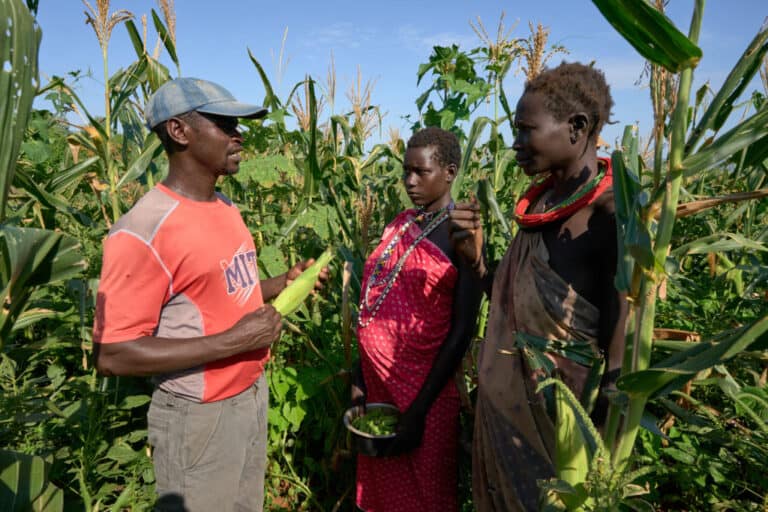This year, ACT Alliance EU presents its vision and application of localisation in practice in its new policy guidance.
The start of 2023 may be nothing short of a watershed: localisation is now high on the humanitarian sector’s agenda, and progressively a priority for peace actors. The agenda is even spurring renewed action in development to review progress and regress following decades of commitments to transformative participation for individuals and communities by NGOs, academia and the donor community.
The European Commission’s Department for Humanitarian Aid has finalised its Localisation Guidance for its INGO, UN and Red Cross partners, as well as its own role as donor. USAID have recently made waves by committing securely to creating the structures, indicators and baselines needed to make demonstrable progress toward both financing commitments to local actors and toward the overall shift in modalities and attitudes required to address current inequities at contextual level.
But the big terms of the agenda – local, complementarity, risk sharing, capacity exchange – remain wide open to use and misuse, dilution and easy band-aid solutions. The pitfalls and risks in this period are real: will we move as a sector and individual organisations toward shifting power imbalances which so drastically undermine sustained action by communities and local actors in countries affected by increasingly complex crises? Or will we see a transplant of the current system, geared increasingly toward larger actors able to deal with heavy reporting, risk and lack of flexibility from international to national levels?
We examine and clarify buzz words of the agenda – ‘local’, ‘complementary’, ‘capacity exchange’ and ‘equity in partnerships’ – to move away from an ingrained fear of reduced international NGO power and presence.
What does it mean to ‘shift power’ toward local solutions, leadership and ownership? Is it possible under the challenges of today’s increasingly complex humanitarian contexts to address disproportionate funding and programming imbalances to secure greater sustained access for local actors?
This paper is no panacea – the challenges presented today for the whole sector are grave – yet all the more reason to proactively strengthen local civil society and ensure its sustained position in the sector. We present the pioneering work of the network to revise our own practice in partnership with diverse partners in the countries in which we operate.
We firmly establish that as a faith-based network, ACT Alliance EU are committed to complementary action by all stakeholders in the sector, based on the respective gifts and strengths of each actor. And primarily, based on justice: to redress colonial power structures and imbalances which persist today.
We progress as a network to continue to address those power imbalances with strong analysis and action for people marginalised or excluded on the basis of intersectional factors, with a specific focus as ACT EU on women and youth.
For more on the specific engagement with local faith actors, see the Toolkit for Engagement with Faith Actors produced for EU stakeholders at the onset of COVID-19.



